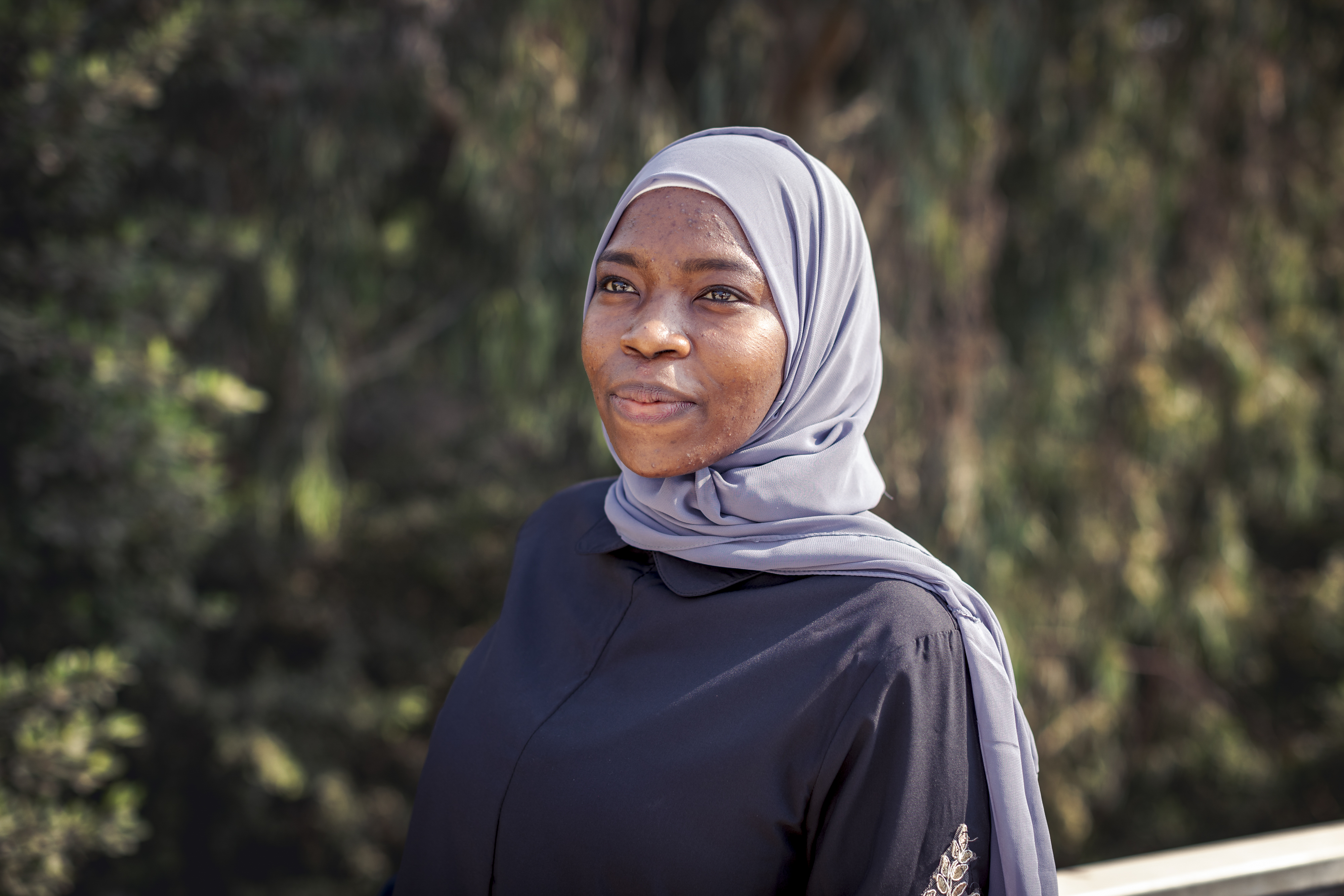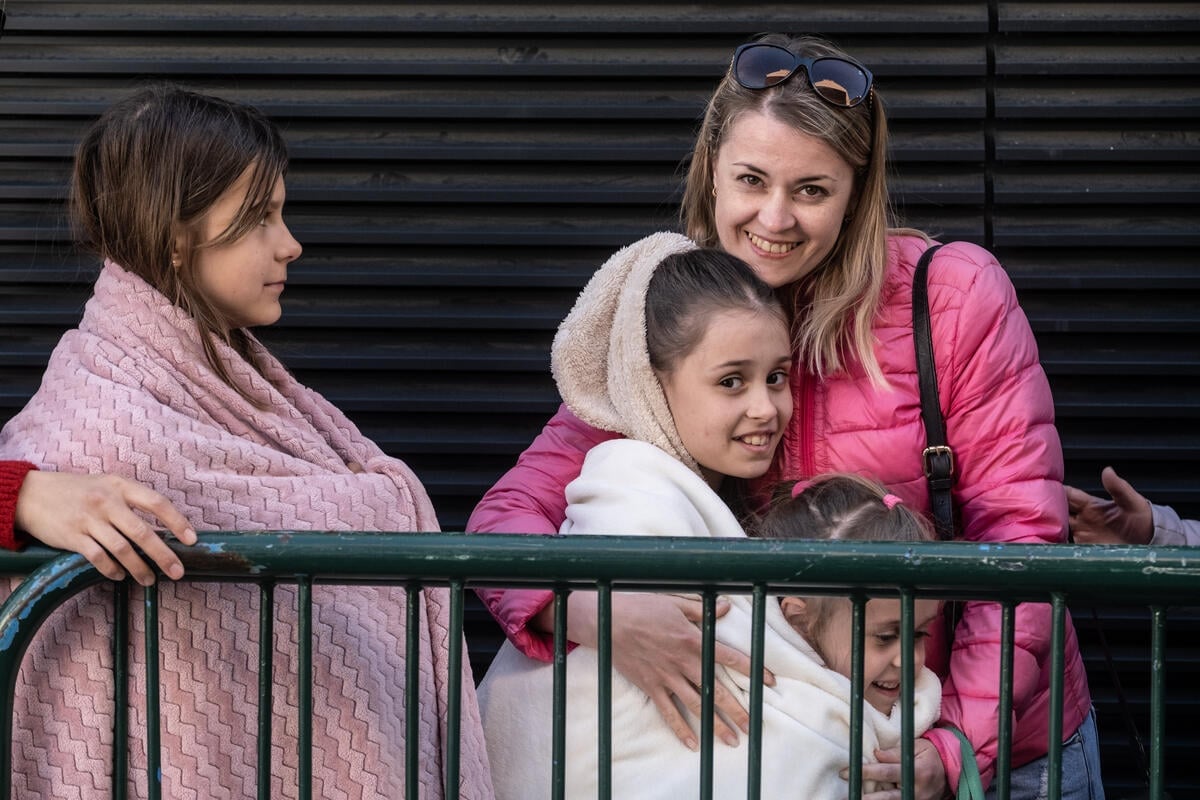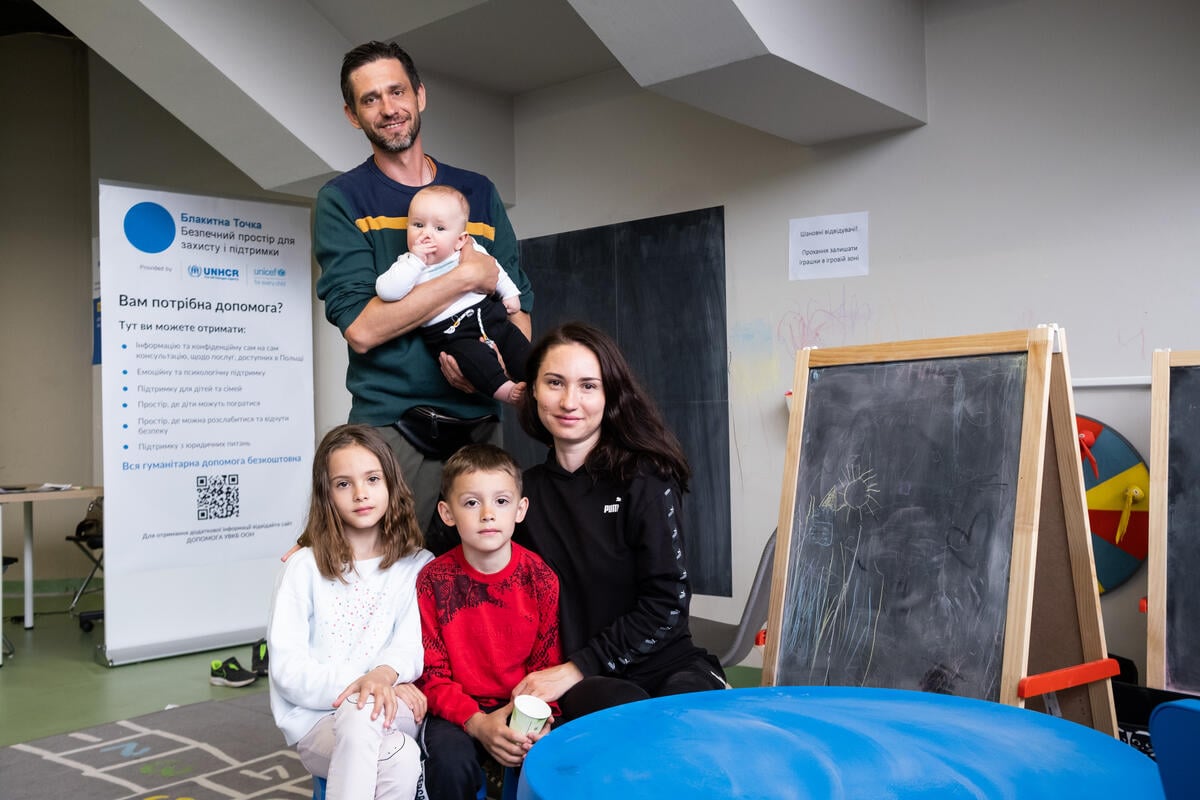Venezuelan youth build self-confidence to reach the sky in Trinidad and Tobago

Venezuelan youth build self-confidence to reach the sky in Trinidad and Tobago
When he speaks of his home country, Carlos’ big, mahogany eyes well up. “It is too beautiful,” he says, “Venezuela has a variety of everything.” The 13-year-old has since moved with his family to Trinidad and Tobago – an island barely 11 kilometres away from Venezuela, yet a completely different world.
“The worst in our country would be the lack of food and the fact that, after being such a wonderful country with so many resources, after being one of the best in Latin America, now it’s become one of the worst, with a huge economic crisis,” he says.
Trinidad and Tobago, with a population of nearly 1.4 million, hosts more than 40,000 Venezuelans. The country’s current legislation does not allow refugees and migrants to work or access the official school system. Yet a lot of Trinbagonians are welcoming Venezuelans and other asylum seekers, helping them to integrate through activities like Moko Jumbie – stilt walking – a tradition brought to the country by its African peoples during slavery.
The short documentary Lifted, produced by UNHCR, the UN Refugee Agency, and directed by Miquel Galofré, follows Carlos and his family as they get back on their feet after fleeing hunger and scarcity in Venezuela.
“When we go to Moko Jumbie it’s like a little break from our real life.”
“Trinidad and Tobago is such a rich, beautiful mix of different cultures. We hope that this film will allow people to understand the refugee experience a little bit better, and to understand each other a little bit better. At the end of the day, everyone just wants to be embraced and accepted by their community," says Leila Jane Nassif, UNHCR Chief of Mission in Trinidad and Tobago.
Carlos spends most of his days inside a humble apartment with his mother and older brother. He attends a temporary learning facility run by Living Water Community, a local non-profit organization and UNHCR partner that provides refugees and asylum-seekers with humanitarian assistance.
The whole family looks forward to the days they go out to practice stilt walking with Sticks in De Yard.
“When we go to Moko Jumbie it’s like a little break from our real life,” Carlos’ mother says. “The people are very pleasant there. They practice, we laugh, we ‘try to be normal.’”
Carnival is one of the most beloved celebrations in Trinidad and Tobago and one of its staples are Moko Jumbies – men and women acrobatically dancing on meters-high stilts.
"The moment you stand up on a pair of sticks, everybody watches you, no matter who it is.”
The local group Sticks in De Yard took on this tradition and opened it up to community members, including young refugees and migrants, to help build their self-confidence and better integrate in the community.
"The moment you stand up on a pair of sticks and you take a walk out into the road, everybody watches you, no matter who it is,” states Damir Shorab Ali, a teacher at Sticks in De Yard.
Despite his fears, Carlos gets on a pair of orange stilts, about a metre high, and takes his first steps as Mekhai Weekes, another member of Sticks in De Yard, holds his hands. They go out on the public square and practice.
“For me the best moment of the day was that, when you’re about to fall, the teachers are there to catch you and they don’t let you fall,” Carlos says laying on the square’s grass after the class.
“The worst moment I think it’s when we have to leave, because I haven’t had any bad moment yet,” he adds.
The government of Trinidad and Tobago recently announced that it will start registering Venezuelan asylum-seekers and refugees in the country.
UNHCR operates in Trinidad and Tobago at the request of the national government to assist the authorities, civil society partners and other actors in supporting the country's asylum infrastructure and representing a safeguard against forced return.
It also facilitates the provision of humanitarian aid, access to legal assistance, learning, and other support through its partner, Living Water Community, and by initiatives aimed at empowerment and solidarity conducted with academic, non-governmental and other groups, such as Sticks in De Yard.









